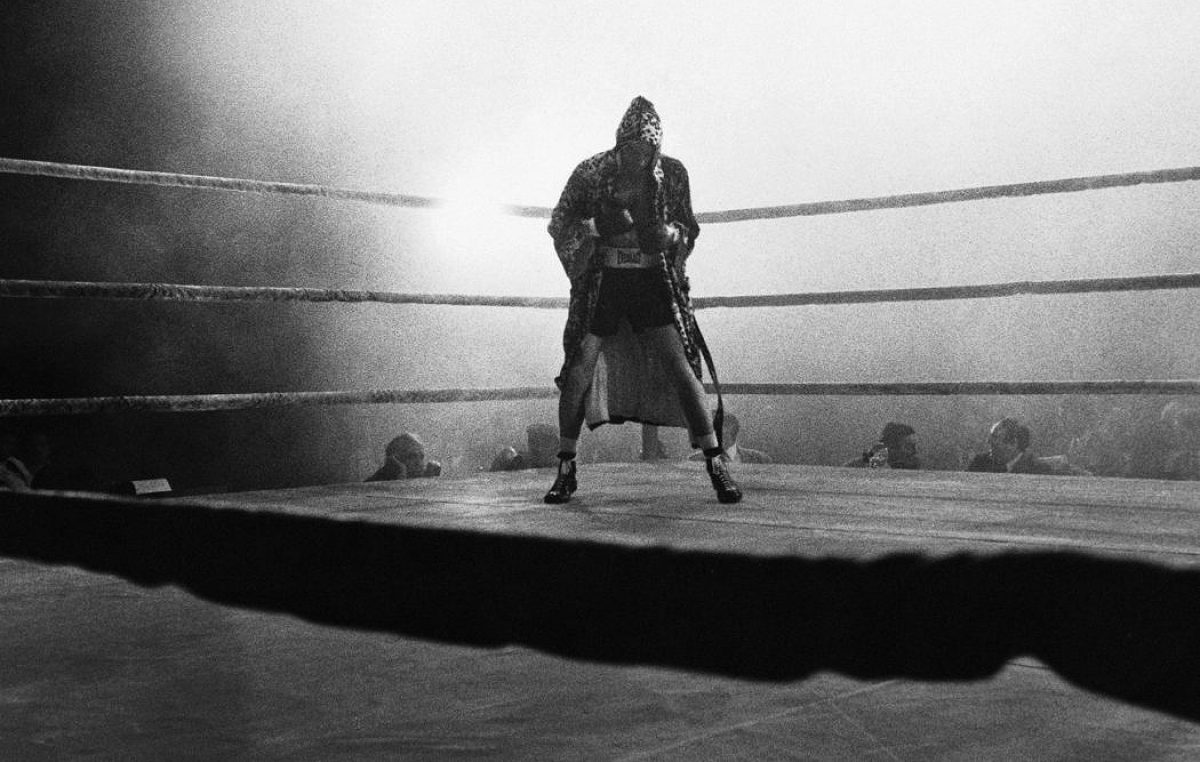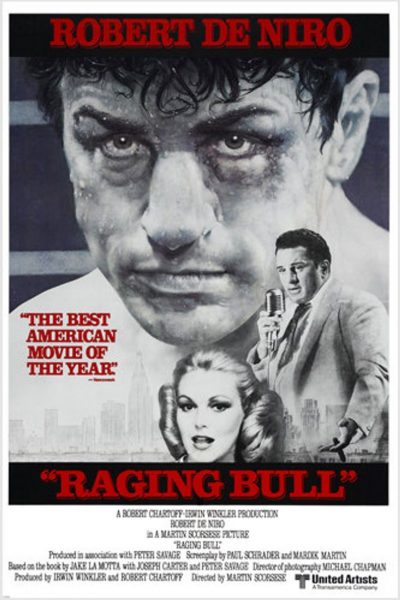"De Niro's performance is one of legend."
— R.L. Shaffer, IGN
"An underdog in its day and a classic today."
— Glenn Abel, Hollywood Reporter
"This is not a film about boxing. This is a film about the human condition and about cinema itself."
— Ian Nathan, Empire
"Though Raging Bull has only three principal characters, it is a big film, its territory being the landscape of the soul."
— Vincent Canby, New York Times
"One of the bloodiest and most beautiful reflections on atonement in the Scorsese canon... It is still one of cinema's most breathtaking films."
— Sheila Benson, Los Angeles Times
"This is a masterpiece. It proves that a film can have violent undertones and overtones, but still illuminate and comment upon violence in a moving, poetic and profound way."
— Bruce McCabe, Boston Globe
"Filmed in black-and-white and shockingly well acted by De Niro, Raging Bull suggests that if you are looking for the source of evil in the world, you don't have to look any further than yourself."
— Gene Siskel, Chicago
"What's most stunning about Raging Bull is the tension between 19th-century melodrama and 20th-century psychodrama, the narrative form brought into being by the conjunction of Freudian theory and the mechanics of the movie camera. The most obvious basis for the film's claim to greatness lies in Scorsese's devastating critique of the very codes of masculinity that shaped him as a filmmaker, and in Robert De Niro's performance, through which that critique is made flesh."
— Amy Taubin, Village Voice







